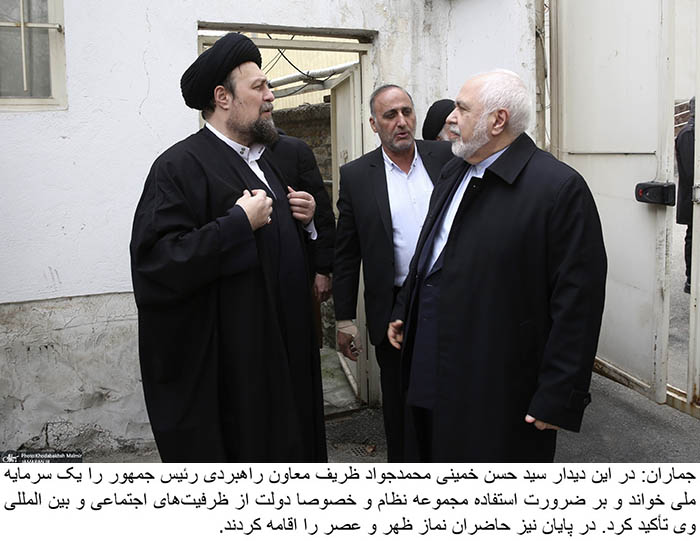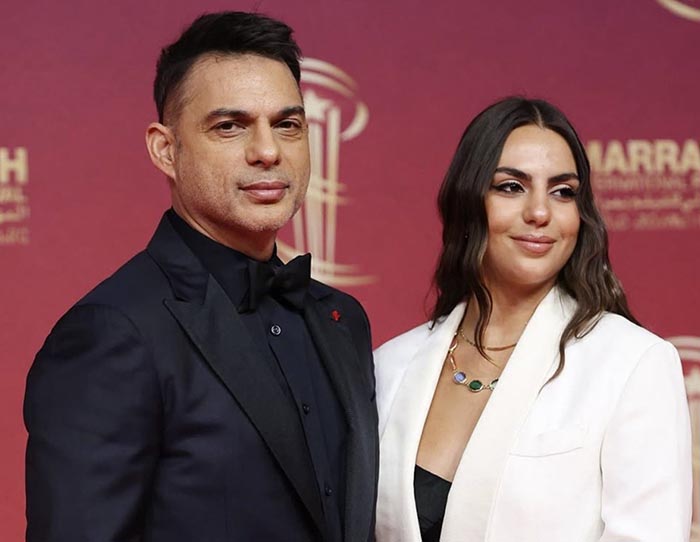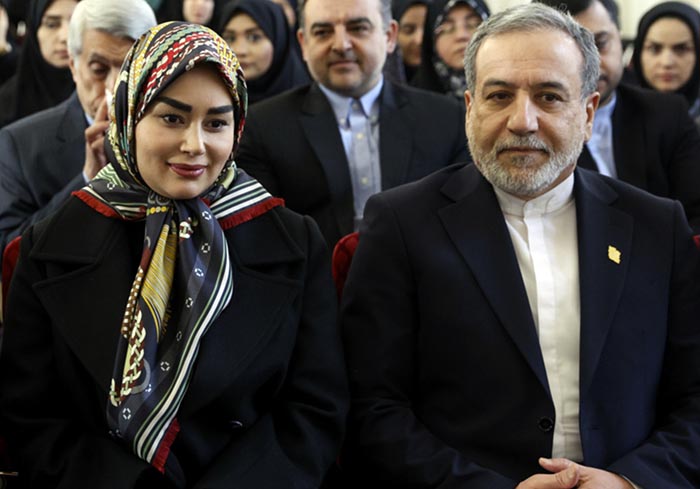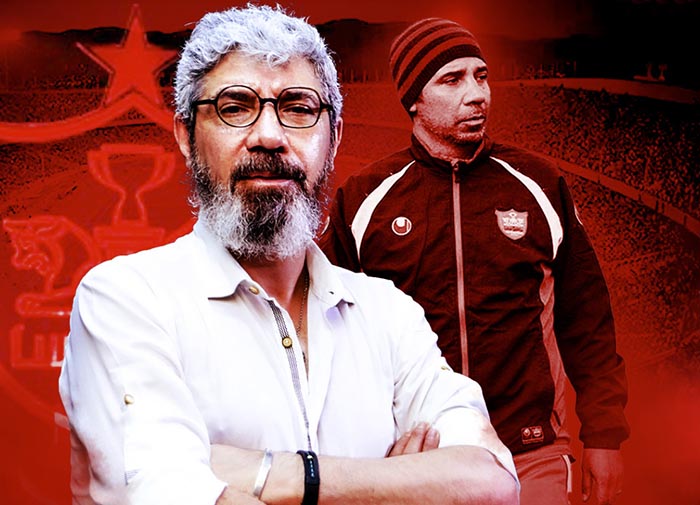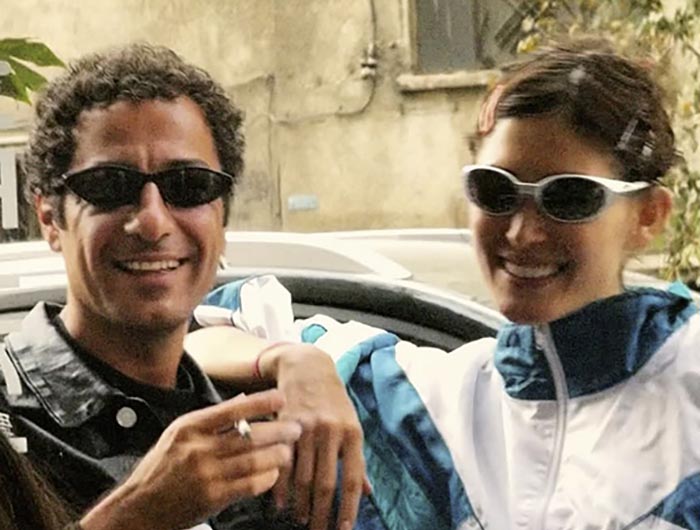A Spotlight on Mohammad Javad Zarif’s Role as a National Asset
Introduction
In recent discussions surrounding Iran’s diplomatic strategies, the role of Mohammad Javad Zarif has come into sharp focus. Seyyed Hassan Khomeini’s tribute to Zarif, labeling him a “national asset,” highlights an essential aspect of contemporary Iranian politics — the necessity of leveraging both social and international capabilities to fortify Iran’s standing on the global stage. As Iran continues to navigate complex international relations, the advocacy for Zarif’s influence emphasizes the potential benefits that can arise from strategic diplomatic engagement.
The Significance of Government Support for Diplomacy
In any nation’s governance, the support of its key figures in diplomacy is indispensable. When prominent leaders, like Khomeini, spotlight the capabilities of individuals within the government, it not only boosts morale but also underscores a collective vision. Zarif’s expertise, cultivated through years of experience in international diplomacy and negotiations, makes him a valuable asset for Iran’s foreign policy.
Historically, strong leadership in foreign affairs has marked periods of significant advancement for nations. The nuances of diplomacy require not only knowledge of international laws and customs but also an intrinsic understanding of cultural dynamics. This synergy is where Zarif excels, drawing on his background to navigate the intricate landscape of global politics.
Mohammad Javad Zarif: A Brief Overview
Born on January 7, 1960, Mohammad Javad Zarif has been a pivotal figure in shaping Iran’s foreign relations over the last decade. Rising through the ranks of Iran’s diplomatic corps, Zarif has served in various capacities, including as Iran’s ambassador to the United Nations and as Deputy Foreign Minister for Legal and International Affairs. His most prominent role came when he was appointed as the Minister of Foreign Affairs in 2013 during President Hassan Rouhani’s administration.
As a diplomat, Zarif has been at the forefront of critical negotiations, including the landmark Joint Comprehensive Plan of Action (JCPOA), also known as the Iran nuclear deal. His ability to engage with major world powers such as the United States, Russia, and European Union member states reflects his adeptness in balancing Iran’s national interests while seeking cooperative relations.
